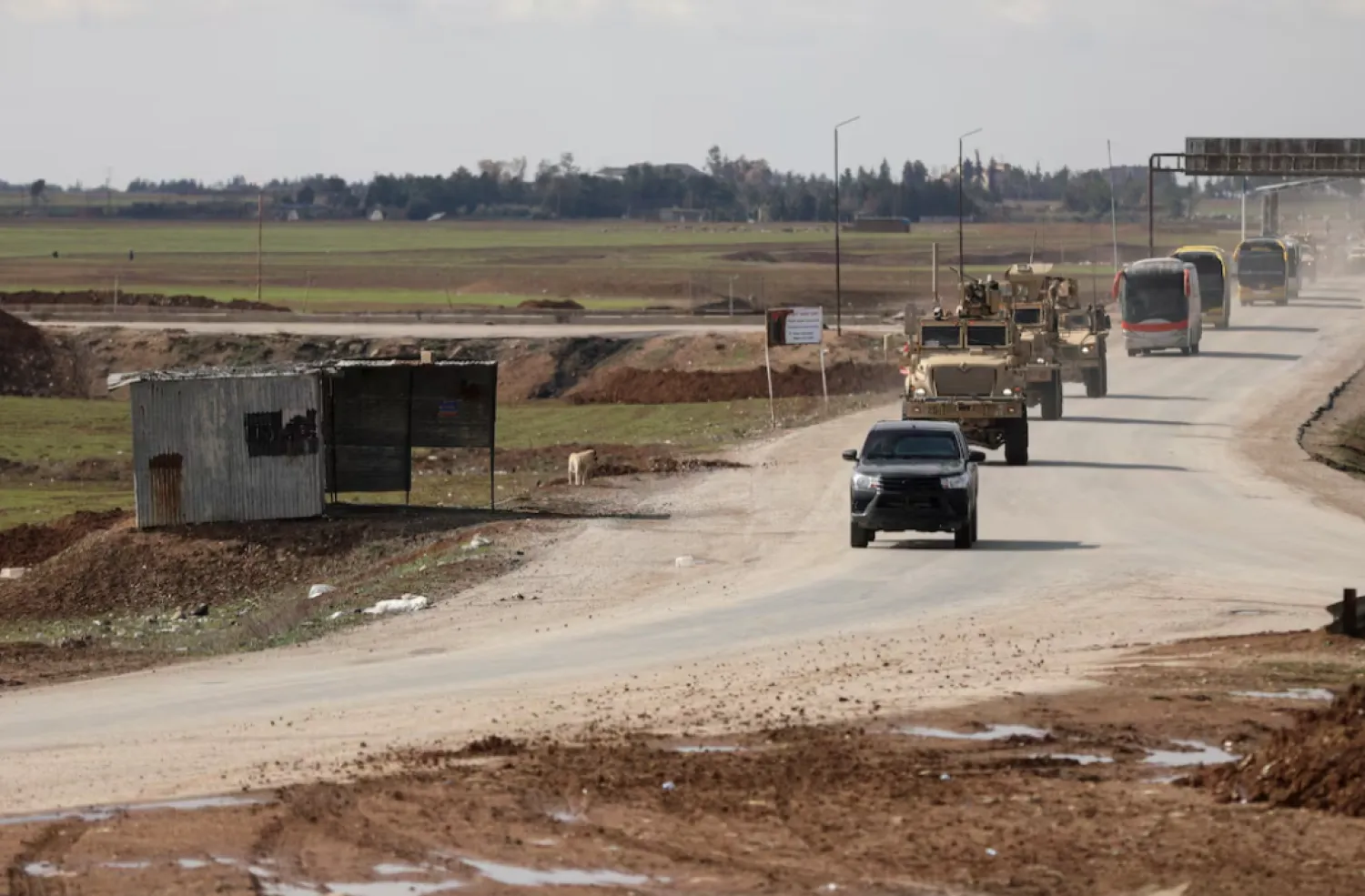Head of Sudan's Transitional Sovereignty Council and Army Chief Abdel Fattah al-Burhan officially suspended the country's membership in the Intergovernmental Authority on Development (IGAD).
He made the announcement following an emergency IGAD summit that renewed the call for a direct meeting between Burhan and head of the Rapid Support Forces (RSF) Gen. Mohamed Hamdan Dagalo, also known as Hemedti.
According to a statement by the Foreign Ministry, Burhan sent a letter to Djibouti President Ismail Omar Guelleho, the current chair of the bloc, to inform him of the "Sudanese government's decision to suspend its membership in this organization."
The ministry added that the final communique of the 42nd summit included language that Sudan deemed "disrespectful to its sovereignty and offensive to the families of victims of atrocities committed by rebel militias."
The letter made it clear that the government is not obligated and is not concerned with what is issued by IGAD regarding Sudanese affairs.
On Thursday, the IGAD summit in Uganda said the leaders of Sudan's army and RSF must have a face-to-face meeting within two weeks. It reiterated its call for an immediate and unconditional ceasefire" in the conflict between the military and RSF.
It stressed that the member states will use all means and capabilities to ensure a peaceful resolution of the conflict, which erupted in mid-April 2023.
The heads of state and governments directed the IGAD General Secretariat and the African Union (AU) to begin joint consultations with the warring parties and stakeholders to launch a political process within a month that will end with the formation of a democratic government.
The Sovereignty Council believed there was no need for the summit before the implementation of the outcomes of the previous summit in Djibouti on December 28.
Last Tuesday, the Sudanese Foreign Ministry announced the cessation of engagement and freezing of dealings with IGAD regarding the current crisis in Sudan.
On Saturday, the Sudanese Coordination of Civil Democratic Forces (Taqaddum), led by former Prime Minister Abdalla Hamdok, said it regretted the statements of the Foreign Ministry, considering that it had taken a "hostile turn towards the regional and international environment."
Taqaddum asserted the regional and international consensus to stop the war, stressing that the Sudanese must unite and work to stop the war.
Meanwhile, the Forces of Freedom and Change (FFC) welcomed the decisions of the Uganda summit and efforts to end the war by facilitating a Sudanese political process that ends with the formation of transitional democratic civil governance institutions.
The FFC regretted the army commander's boycott of the summit, hoping he would respond to the voices calling for a ceasefire.
The coalition reiterated its adherence to its principled position, calling for ending the war, achieving peace, and establishing a sustainable democratic civil transition.
It reaffirmed its position on launching a political process that only excludes the dissolved National Congress Party, its affiliated Islamic Movement, and all its affiliates under various names.
Furthermore, President of South Sudan Salva Kiir Mayardit appealed for an immediate opening of humanitarian corridors for essential services to reach the Sudanese people.
In Kampala, Kiir discussed with Hemedti recent developments in Sudan.
According to a post on his X account, Hemedti presented his vision for halting the conflict as soon as possible, establishing a reborn Sudan founded on the principles of justice and equality, and forming a unified professional national army led by a civilian democratic government, which will propel the country forward and end the longstanding cycle of wars.
IGAD had invited Hemedti to the emergency summit in Kampala, where he hoped efforts would achieve peace and stability in Sudan.









